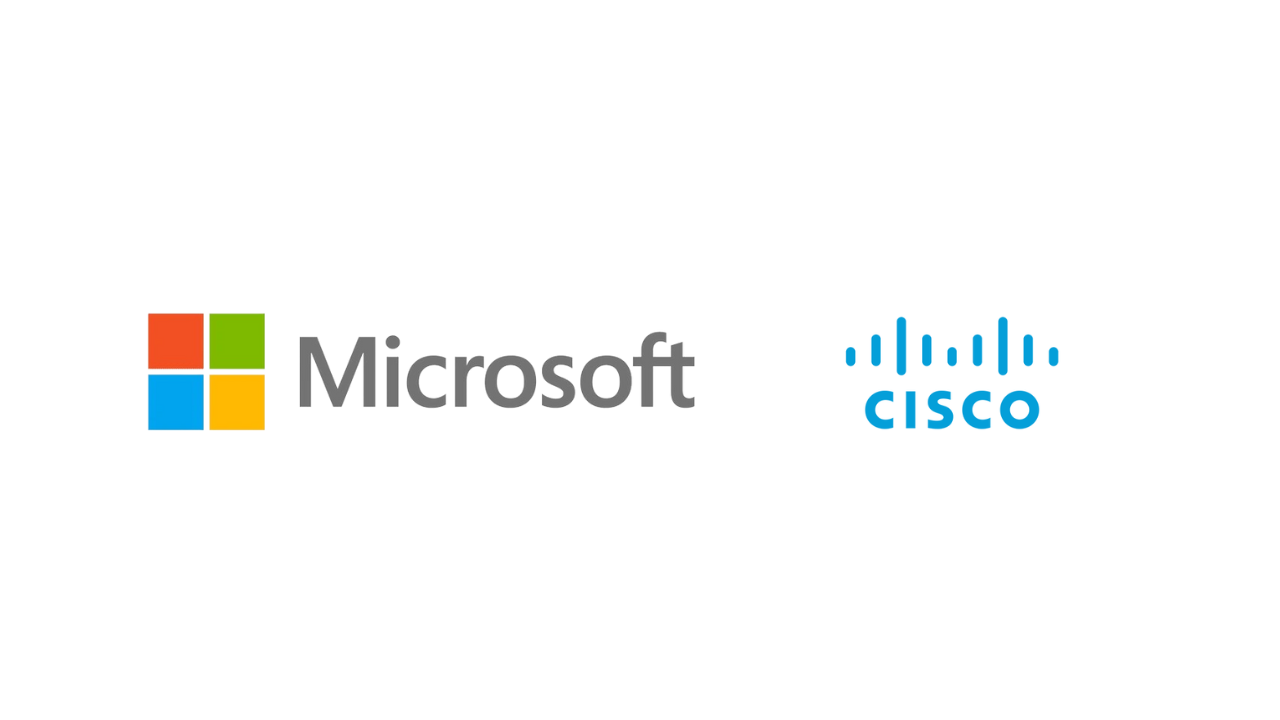
Replace
SEO Meta Description: Explore how AWS and Google are revolutionizing the future of cloud computing. Understand their unique services, challenges, and industry impact, and how these cloud giants are influencing sectors like healthcare, finance, and retail.
SEO Optimized Title: Cloud Computing: How AWS and Google Are Shaping the Future of Technology
Slug: cloud-computing-how-aws-and-google-are-shaping-the-future
Cloud computing has emerged as one of the most transformative technologies of the 21st century. With cloud services, businesses and individuals can access computing resources like storage, computing power, and databases over the internet. The cloud is no longer just a trend; it is a cornerstone of modern technology. Among the major players in the cloud computing space, AWS (Amazon Web Services) and Google Cloud have established themselves as industry leaders. These two giants not only dominate the cloud market but are also at the forefront of shaping the future of cloud technology. This article explores how AWS and Google are influencing the future of cloud computing, with a focus on their innovative services, industry applications, and potential for future growth.
What is Cloud Computing?
Before diving into the impact of AWS and Google Cloud, it’s essential to understand cloud computing itself. Cloud computing allows businesses to host and store data and applications online, providing flexibility, scalability, and cost-effectiveness.
Core Concepts
Cloud computing is built around several core concepts:
Cloud Models: These models include IaaS (Infrastructure as a Service), PaaS (Platform as a Service), and SaaS (Software as a Service), offering different levels of management and control to users.
Public, Private, and Hybrid Clouds: The cloud can be categorized into public clouds (accessible over the internet), private clouds (secure, private networks), and hybrid clouds (a combination of both).
Cloud Architecture: Cloud services are designed to be scalable, meaning they can grow with your business or needs. This flexibility is what makes AWS and Google Cloud particularly powerful.
Key Players in the Cloud Computing Industry
When it comes to cloud computing, AWS and Google Cloud are undoubtedly the leaders of the pack. Together, they account for a significant share of the global cloud market.
AWS (Amazon Web Services)
AWS is a dominant force in the cloud computing market, known for its wide range of services and global presence. It offers everything from computing power (through EC2) to storage (via S3) and machine learning capabilities.
Google Cloud Platform (GCP)
Google Cloud is another powerhouse in cloud computing, with an emphasis on innovation and AI. With products like Google Kubernetes Engine and Google Cloud Storage, it is known for its high-performance capabilities, especially in big data and AI.
The Evolution of Cloud Computing: AWS and Google’s Role
AWS: A Pioneer in Cloud Services
Since launching in 2006, AWS has evolved from an infrastructure provider to a complete cloud ecosystem. It started with simple compute services and has since expanded to offer advanced machine learning, AI, analytics, and more. The company’s expansion into diverse regions and industries makes it a leading force in cloud computing.
Google Cloud’s Emergence and Strategic Shifts
While Google Cloud came to the scene later, it has quickly gained traction. Google’s background in data analytics and machine learning positions it uniquely in the cloud space. Through acquisitions like Apigee and partnerships with companies like SAP, Google Cloud has strategically grown to compete with AWS in various sectors.
Comparing AWS and Google Cloud: Features and Services
Both AWS and Google Cloud offer a vast range of services, each with its strengths.
Compute Services
AWS EC2 vs. Google Compute Engine: Both offer scalable virtual machines for computing power. AWS EC2 is popular for its extensive configurations, whereas Google Compute Engine is known for its high-performance processing.
Storage and Databases
AWS S3 vs. Google Cloud Storage: Both services offer secure object storage, but AWS S3 has broader industry adoption and more advanced features, while Google Cloud’s storage solutions focus on high-speed data access.
Amazon RDS vs. Google Cloud SQL: These database solutions provide relational database services but differ in optimization and integration with other cloud products. AWS offers a more mature ecosystem, while Google Cloud emphasizes seamless
integration with its AI and machine learning tools.
Artificial Intelligence and Machine Learning
AWS AI/ML Services vs. Google AI/ML Innovations: Google Cloud’s AI services, such as TensorFlow, are widely regarded for innovation. Meanwhile, AWS offers a more extensive range of machine learning services through SageMaker and its deep learning instances.
Networking and Security
AWS provides a robust Virtual Private Cloud (VPC) and security tools for compliance. Google Cloud focuses on providing strong, flexible networking and security features, such as Google Cloud Armor and Identity-Aware Proxy, that offer scalable and secure environments.
Impact on Industries: How AWS and Google Are Shaping the Future
Both AWS and Google Cloud have influenced a variety of industries. From healthcare to finance, their services are reshaping business models and driving innovation.
Healthcare
In healthcare, AWS provides solutions like Amazon HealthLake, which helps healthcare organizations store and analyze health data securely. Google Cloud’s healthcare solutions, such as Google Cloud AI, are transforming medical data analysis and improving patient outcomes through machine learning.
Retail and E-commerce
Cloud services have transformed the retail sector by allowing businesses to scale operations quickly and efficiently. AWS enables e-commerce giants like Amazon to manage large-scale inventory and customer data. Google Cloud provides powerful tools for predictive analytics and personalization, helping businesses create tailored shopping experiences for their customers.
Finance
AWS and Google Cloud offer secure cloud infrastructure that enables financial institutions to enhance their operational efficiency. From fraud detection using AI to running complex algorithms for real-time trading, these clouds are making finance more secure and dynamic.
Cost Efficiency and Pricing Models
Cost efficiency is a critical aspect when choosing a cloud provider. AWS and Google Cloud offer flexible pricing models that make cloud services accessible to a variety of organizations.
AWS Pricing Strategy
AWS uses a pay-as-you-go pricing model, where users only pay for the services they use. Reserved instances and spot instances offer further flexibility for businesses looking to save on costs.
Google Cloud Pricing Model
Google Cloud also offers a pay-as-you-go model with sustained use discounts. Google Cloud’s flexibility allows users to optimize costs based on their usage patterns. Google’s pricing approach is often seen as more transparent, especially for smaller businesses or startups.
The Future of Cloud Computing
Edge Computing and the Role of AWS and Google
Edge computing is expected to be the next frontier in cloud services. By processing data closer to the source, edge computing minimizes latency. Both AWS and Google are investing heavily in this space, with services like AWS Greengrass and Google Cloud’s IoT solutions.
Quantum Computing in Cloud Services
The future of cloud computing also lies in quantum computing. Both AWS and Google are working on quantum computing solutions that will revolutionize data processing, encryption, and artificial intelligence. AWS’s Braket and Google’s quantum computing platform are paving the way for a
new era of computational power.
Challenges and Limitations of AWS and Google Cloud
While AWS and Google Cloud are leaders, there are challenges associated with these platforms.
Data Privacy and Security Concerns
Both platforms have made significant investments in security, but data privacy remains a concern. Cloud security risks such as data breaches and unauthorized access require constant attention and innovation.
Vendor Lock-in and Multi-cloud Strategy
A major challenge for organizations using AWS or Google Cloud is vendor lock-in. Companies may become dependent on a single cloud provider’s services, making migration costly and complicated. A growing trend is the adoption of multi-cloud strategies, where businesses use services from both AWS and Google Cloud to mitigate risks and increase flexibility.
Global Impact: AWS and Google Cloud Beyond the U.S.
Expanding Global Footprints
Both AWS and Google Cloud have made significant strides in expanding globally. With data centers in various regions around the world, these cloud giants can offer localized services to meet compliance and data residency requirements.
Cloud Computing in Emerging Markets
As more businesses in emerging markets adopt cloud technologies, AWS and Google Cloud are helping bridge the digital divide. Their services are empowering organizations in Africa, Asia, and South America to scale operations without significant upfront capital expenditure.
Conclusion
As cloud computing continues to evolve, AWS and Google Cloud remain at the forefront of this transformation. Their expansive service offerings, strategic industry applications, and future innovations are paving the way for businesses across the globe. As both companies expand into emerging technologies like AI, edge computing, and quantum computing, they are shaping the future of cloud computing in ways we are only beginning to understand. The future of cloud computing is bright, and AWS and Google are leading the way in driving that change.










